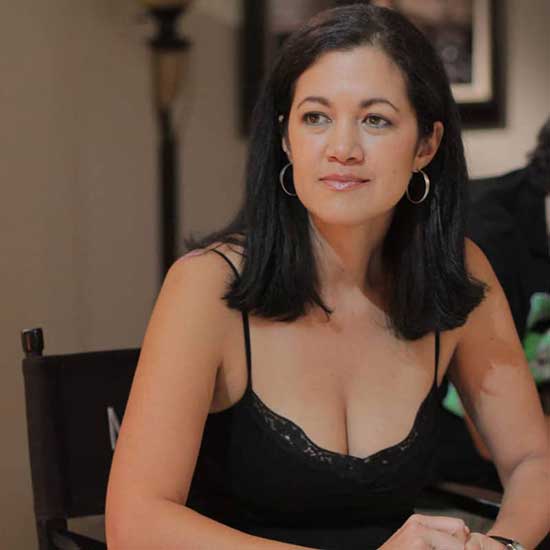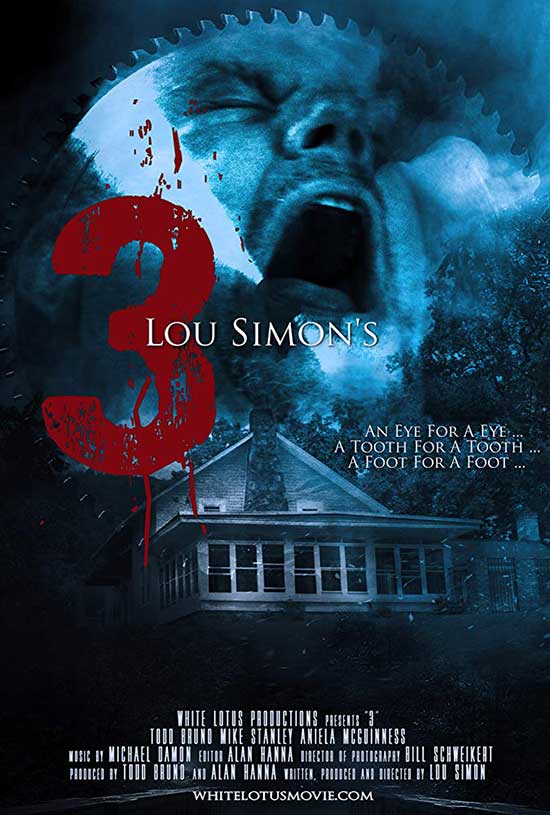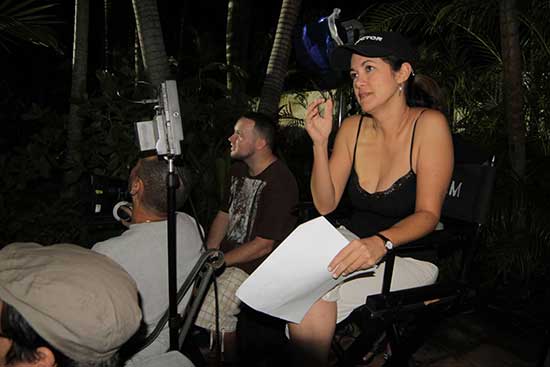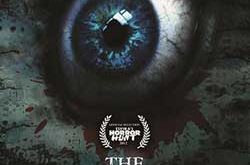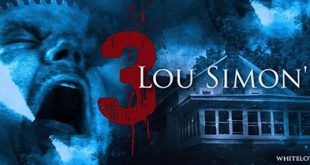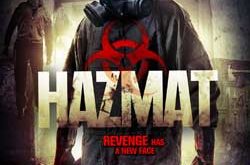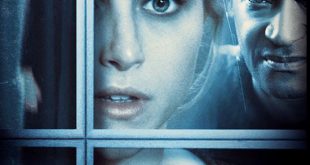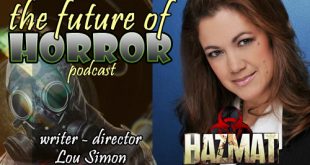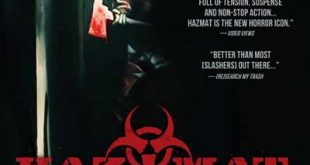 Hello Lou, first off thank you for taking the time to do an interview with me for Horrornews.net – The first thing I must tell you is that you know it is a good movie when you just cannot stop watching. “3: An Eye for an Eye?” is so good. Please tell us about the film and why you decided to make this movie?
Hello Lou, first off thank you for taking the time to do an interview with me for Horrornews.net – The first thing I must tell you is that you know it is a good movie when you just cannot stop watching. “3: An Eye for an Eye?” is so good. Please tell us about the film and why you decided to make this movie?
Thank you so much! That’s always great to hear. 3: An Eye for an Eye is a psychological horror film. It’s about a man and a woman who kidnap her alleged rapist in order to extract a confession from him using whatever means necessary. The story hinges around the moral and emotional decisions we make in order to seek justice and about how truth is sometimes to discern.
I started working on it in 2015 after some cases highlighted how frivolously our criminal justice system treats rape cases. At that time, several judges gave minor sentences to convicted rapists, and I was outraged. I had no idea at that time that the world would turn upside down and that everything would change in 2017. We’re finally taking victims seriously and talking about the issue.
What type of challenges did you face because the subject matter is intense?
It was really hard to write the rape scenes, and even harder to film them. I was literally shaking during the filming. I’ve never been that uncomfortable on a film set. I especially didn’t know how to do it in a way that would be sensitive to the subject and not be gratuitous just for the shock value of it. Perhaps this is where the female gaze is different than the male’s.
I put off filming the scene as long as I could, but thankfully it was my actors that made it easier for me. They both had a couple of drinks during break and by the time we got on set, they were much more relaxed than the rest of the crew. It was like there was all this tension, and when one of the actors made a joke, we all broke out in riotous laughter at once. I don’t think I’ve ever laughed that hard in my life. It made the rest of the scene much easier for everyone.
Was it difficult for some of the cast to prepare to play the characters?
Each one independently called their roles a “beast.” I had never even heard the term being used like that before. They were really hard roles. First, there was so much dialogue to memorize. Since most of the film takes place in one location, and one of the characters is tied up most of the film, it is a dialogue heavy film. Then, each of the characters has a duality to it. You don’t know if they’re good or bad, and they’re actually both. That means that each character had to have a lot of range. They did a great job of that, in my opinion.
As a writer and a director, what advice would you offer to current and future filmmakers about creating not only a good film but one with a storyline?
I’m not an expert on it, but I know what I like as an audience member. I like characters that are real and that I actually like and can root for. If there’s one thing that I don’t like about some horror films it’s that often you can’t tell the people apart and you don’t really care when they die. I prefer slower action, but getting to know the characters first. Maybe that’s just me.
What other projects are you working on?
On the one hand, I’m working on a documentary about responsible traveling that ensures animal welfare, specifically elephants that are used in the tourism trade in Thailand. It’s called Goodwill Ambassador, and I hope to turn it into a series that will go to different places around the world. Peru is next. That may sound like a departure for me, but in reality what they do to elephants is just as bad as what happens in horror films.
On the narrative side, I’m working on an horror anthology with all female directors. We’re still trying to find the right title for it, but I’m filming my segment in September. It’s fun to share a film with other talented women.
Was there anyone that inspired you professionally?
My biggest inspiration came from Alfred Hitchcock. I grew up obsessed with his films. That’s where the joke about how I would be the “Mistress of Suspense” came about. In the last few years, I’ve learned that he was not a very kind person, especially to women, but I’ve separated the work from the person and his films are still my favorite.
This film has torture scenes and a man is at his breaking point. This film sort of feels very real and as something that could happen. Did the actors do any additional research especially with one of them playing a medic?
I really hope this wouldn’t happen in real life. I know that Todd Bruno, who played the medic, did a lot of research into PTSD, so he could play the tortured vet in a realistic manner. I think he did an excellent job with that. The medical research was done mainly by me before I wrote the script.
What do you want to say to the audiences and the fans watching the film?
The film is supposed to be a roller coaster of emotions and surprises. You’re supposed to not know who to believe and go back and forth on whether the man is guilty or not. If I’m successful in taking them through that ride, I will have succeeded beyond my expectations. I really hope they enjoy it.
Thank you so much. You did an amazing job.
Thank you, thank you, thank you! It means the world to me to hear that. :)
 Horror News | HNN Official Site | Horror Movies,Trailers, Reviews
Horror News | HNN Official Site | Horror Movies,Trailers, Reviews
